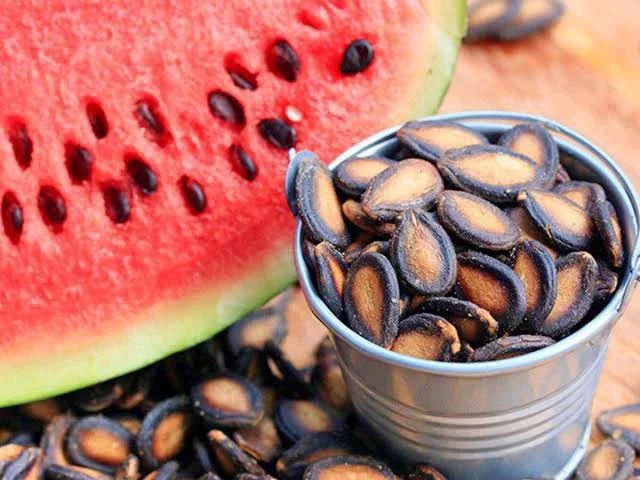Vegetables possess natural compounds that can aid in the cleansing of the urinary tract and elimination of various infections. They are effective in eradicating infectious microorganisms that may be concealed within the urinary tract.
Failure to remove bacteria and harmful toxins from the urinary tract can lead to diverse complications. This is because the urinary tract comprises organs such as the kidneys, urethra, bladder, ureters, and prostate, which are responsible for filtering, storing, and eliminating fluid waste.
Although many of us are now aware of the health benefits associated with specific vegetables, this article will provide further insights into the particular vegetables that can assist in clearing the urinary tract of infections and even prevent future infections, as reported by Healthline.

1. Spinach, in addition to being a delicious vegetable that can be consumed either fresh or boiled. It contains a rich concentration of organic chemicals and antioxidants like vitamins and minerals. These beneficial components contribute to purging the urinary tract of infections and maintaining its overall health.
2. Onions, commonly used as a flavorful spice in well-cooked meals, also proves to be useful in clearing the pathways of the urinary tract. Onions release potent organic compounds into the urinary system, which effectively flush out infections and cleanse the urinary tract.
3. Garlic, when mashed and consumed as a beverage or used to enhance the taste of dishes, offers more than just its distinctively spicy flavor. It contains powerful organic chemicals that traverse the cells lining the urinary tract through the bloodstream. As a result, garlic can effectively eliminate viruses or bacteria present in the urinary tract.
4. While cabbage is commonly utilized in various recipes for its culinary merits, many are unaware of its medicinal properties. Cabbage contains a high concentration of vitamins, antioxidants, and beneficial chemicals that aid in the cleansing of the urinary tract, effectively combating infections.
















Comments